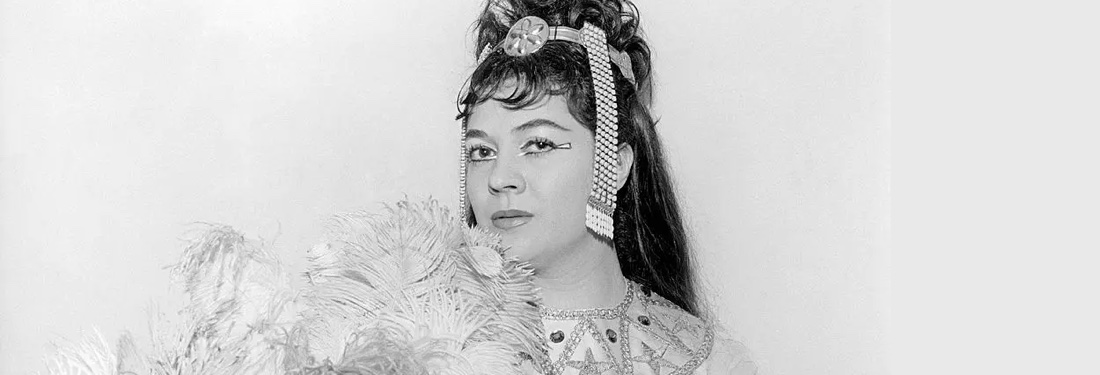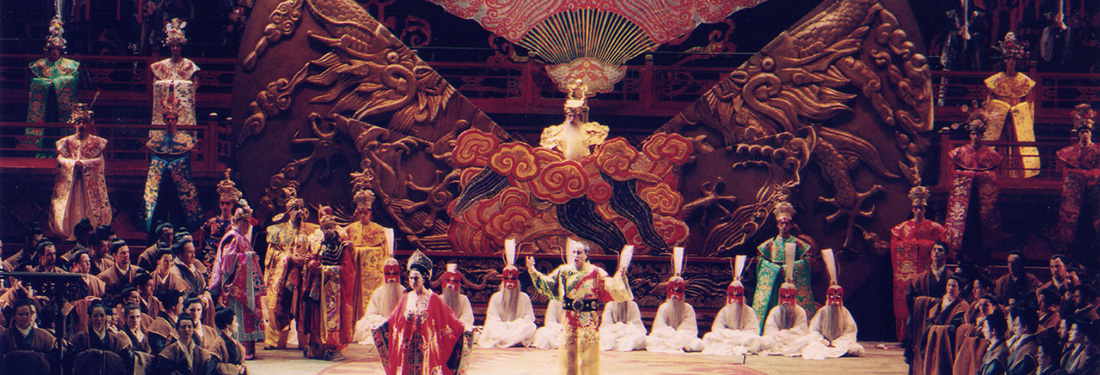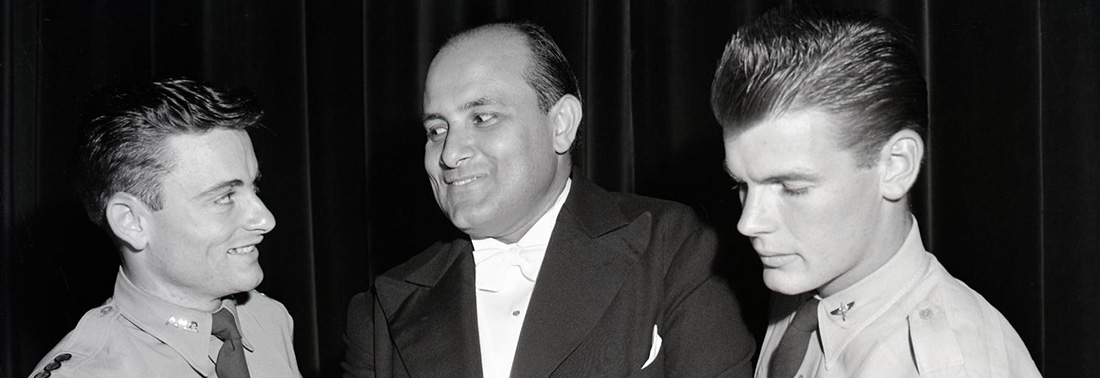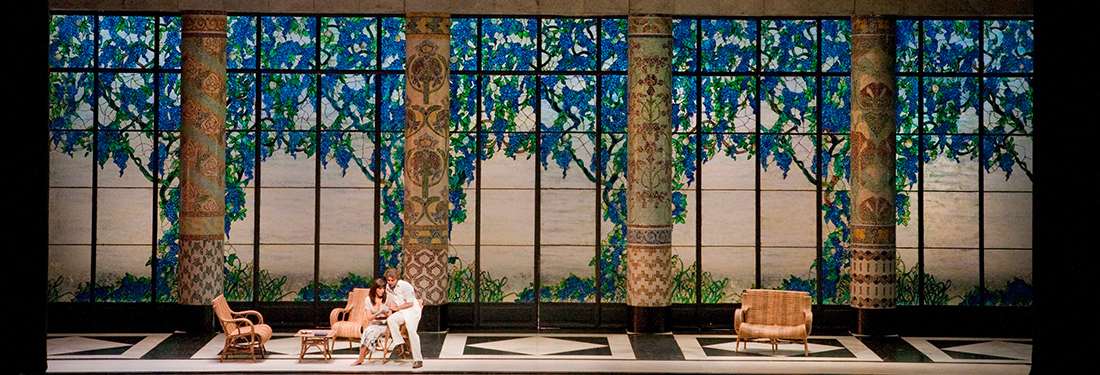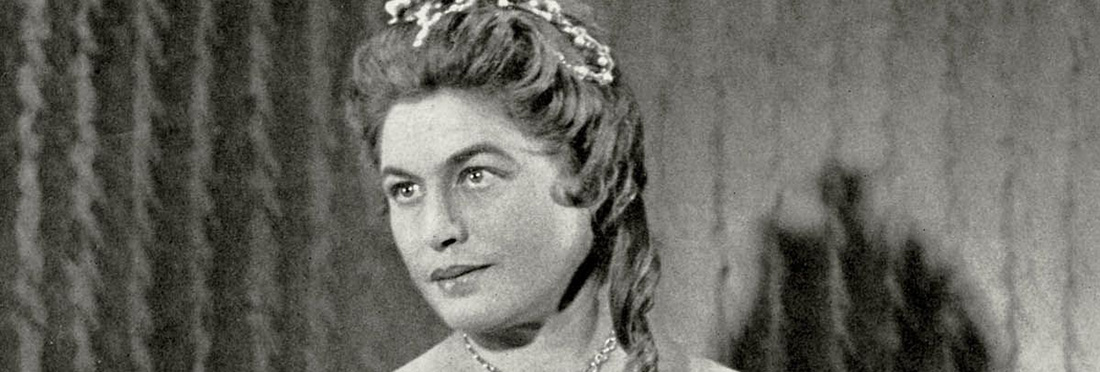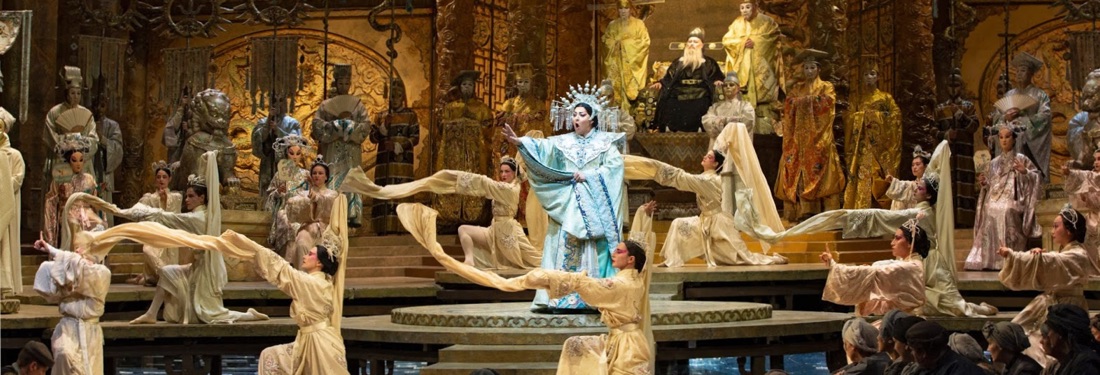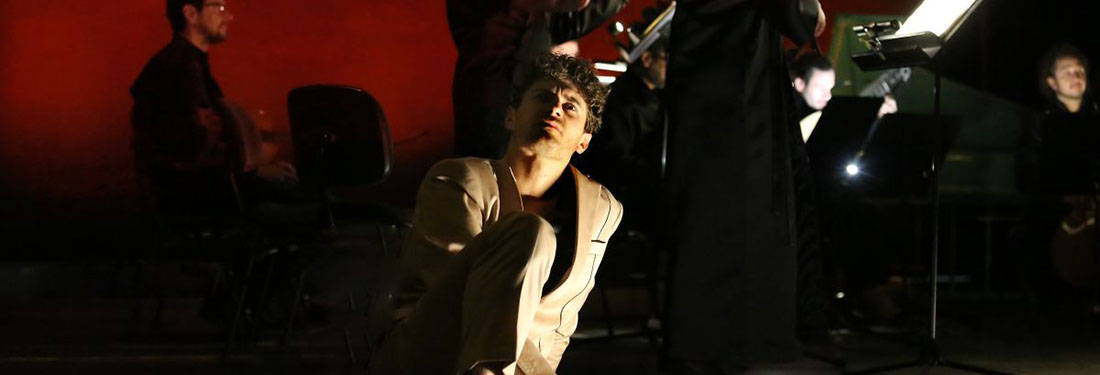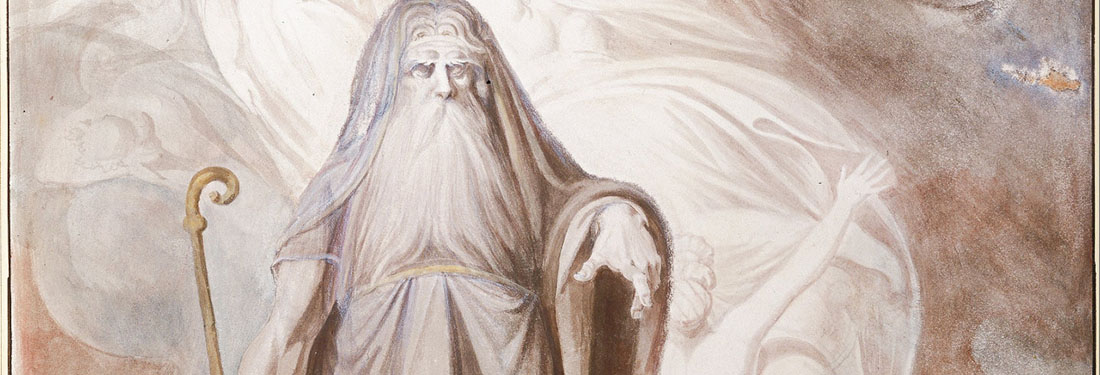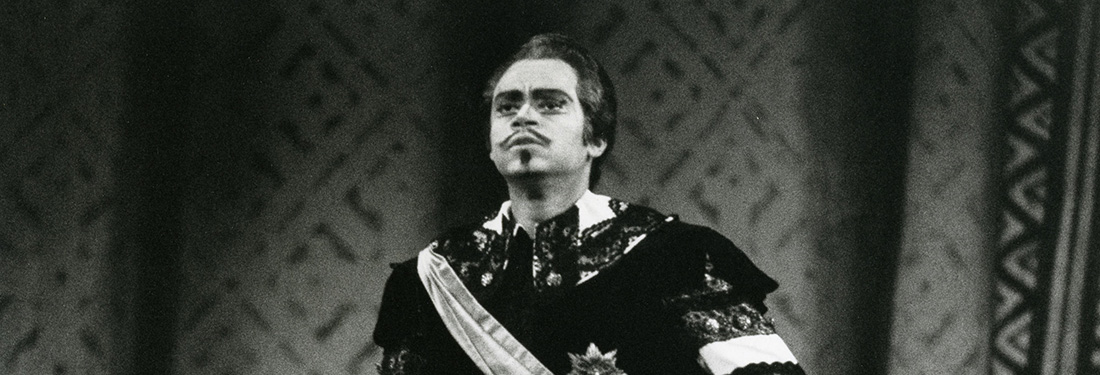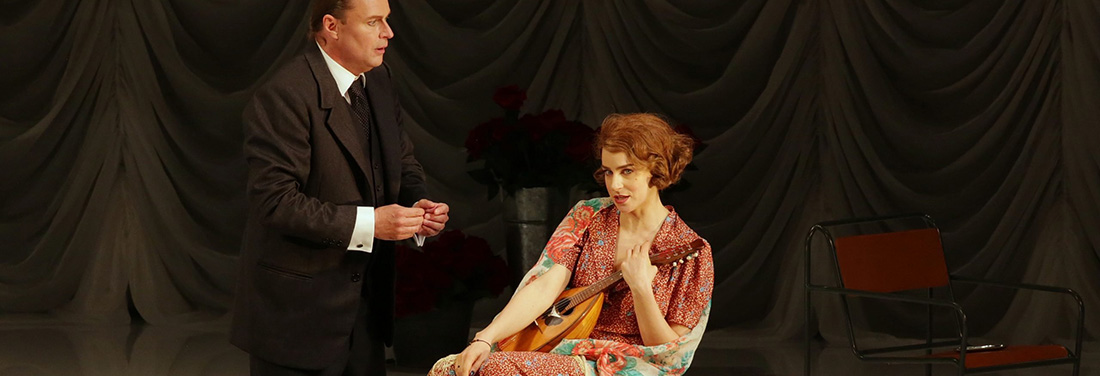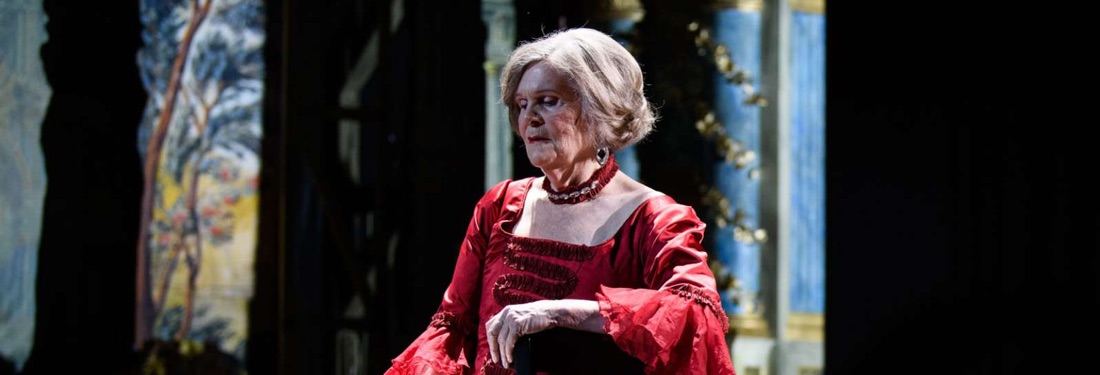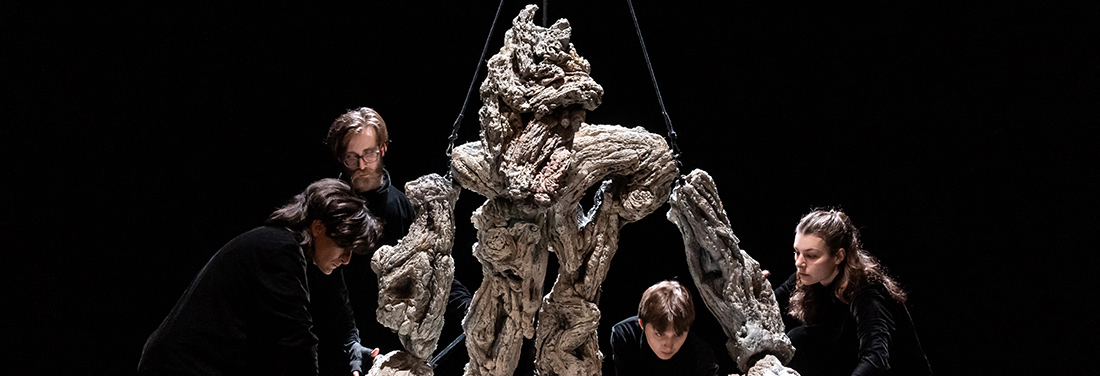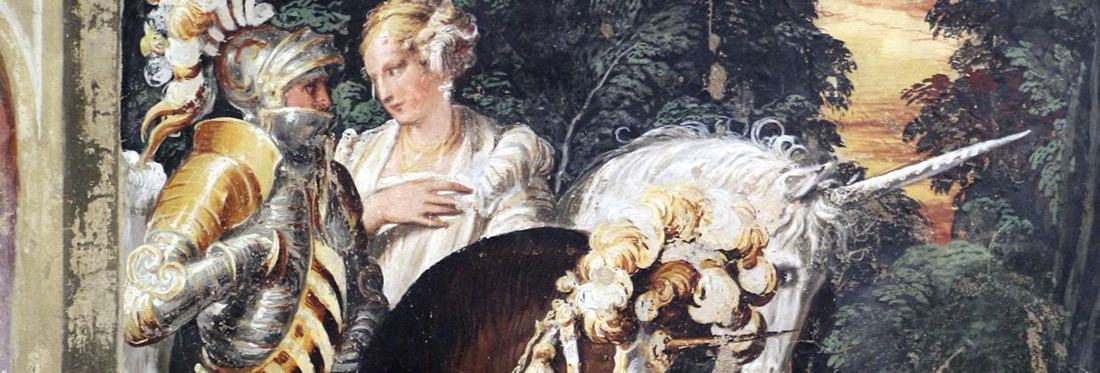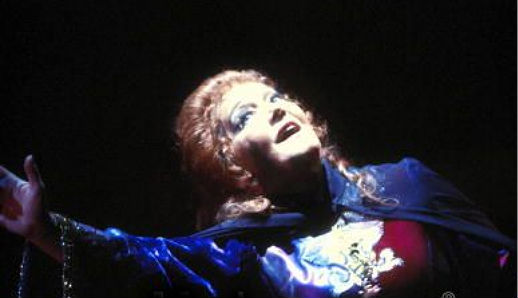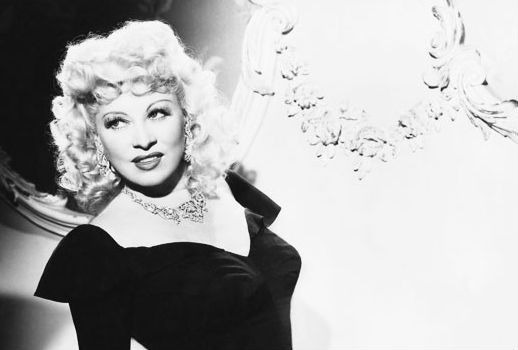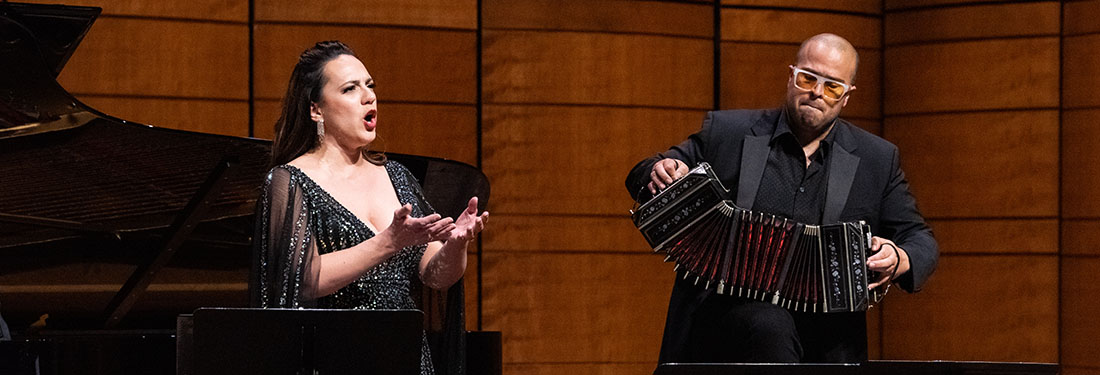
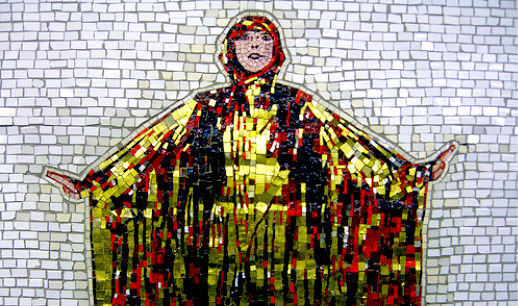
Now, in the final issue of parterre box, I get to dish with the second of my opera godfathers, James McCourt. His legendary diva-in-extremis novel Mawrdew Czgowchwz is finally back in print after a hiatus of a quarter of a century, and he remains one of the opera world’s great talkers. We met at the Gramercy Park apartment he shares with his longtime partner Vincent Virga; over port and biscuits I finally learned “the story behind the story” about the mysterious disappearance of a definitive operatic text – and heard a few tantalizing hints about an “afterlife” for everyone’s favorite mythical Czech diva.
James Jorden: For years, everyone has been asking, “Why can’t I find a copy of Mawrdew Czgowchwz?”
James McCourt: Up until now you could only find copies in used bookstores, and lately on the internet. It was a small printing and a small paperback printing. It didn’t sell well enough to necessitate a second printing. Everyone who wanted to read it at the time read it. Then all those readers died, and their copies showed up at the used bookstores. There were never enough copies to remainder, but neither was it reprinted. I left Farrar-Strauss and so they had no reason to keep it in print. Then about two years ago, a fellow named Christopher Cahill, who runs the Recorder of the American-Irish Historical Society, put me in touch with New York Review Books, who are republishing classics. At first I thought, “But these authors are all dead,” but then I saw they published A Way of Life Like Any Other by Darcy O’Brien, who had only just died, so I thought, well, what have I got to lose? So I worked with them on some slight revisions. Like in the first sentence, I decided no, it’s not “eternal progress of Divadienst,” it’s “sempiternal progress.”
Maybe we should start at the beginning; where did Mawrdew come from?
The genesis of the story is that one night I was in a bar with my beloved teacher Harry Blair. He was a remarkable man; really you could say that 1 was his invention, I learned that much from him. Well, we were in this bar and we were both smashed, and on the television set there was this old musical, The Great Waltz. This gorgeous blonde was singing; she looked like Lyda Roberti and she sang like, well, like nothing human. Harry turned to me and commented, “Ah, the divine Miliza. Miliza is in the Argentine now, you know. Have I mentioned to you that I am the Chief Scribe of the Miliza Korjus Fan Club?” In those days all the divas’ fans had newsletters; I was the editor of the Victoria de los Angeles newsletter.
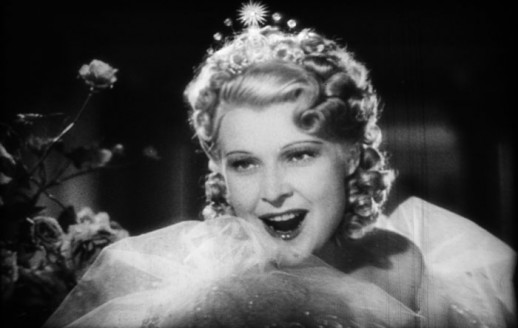
No, but I started doing some research on who she might be, and more or less on the spot I invented for Miliza a wayward sister called Mawrdew. I chose “Mawrdew” because that was my camp name. (I had this incredible case on Jack Kerouac and used to stalk him, though with no real success) The original publicity for Miliza Korjus said, “rhymes with gorgeous.” That’s where the name “Czgowchwz” came from.
So at first “Mawrdew” was a short story?
Yes. And then many years passed, I went to college and I tried to become a playwright, but eventually in 1970, I was visiting my friend Donald Lyons – he’s now the drama critic for the New York Post — just before I was to leave for England. He insisted that I had to do something with my Mawrdew story, so he sent me to Theodore Solotaroff, the editor of the New American Review. I walked over the couple of blocks to the Simon and Schuster building and hand-delivered it to Solotaroff; he was very polite, and then I was off to England. Then there was this mail strike, so I didn’t hear from him until a telegram arrived, the sort of telegram all authors dream of receiving: “Mawrdew Czgowchwz dazzling. Stop.” He asked me to work it up some more, first for publication in the Review, and eventually he wanted to publish it as a book. But then he left Simon and Schuster and they dropped the option. Meanwhile, Vincent was working at New York Review of Books and he showed the story to Susan Sontag, who insisted that I had to take it over to her publisher, Farrar-Strauss. Sontag really was the godmother of Mawrdew Czgowchwz. So it became “that book.” And you know some people loathed it – Ned Rorem in particular.
Not gloomy enough for him, or what?
I don’t know, but we were very unpleasant to each other some years later on Christopher Street Most of the singers liked it, though; their letters to me were funny. Maria’s letter was very formal: “I read your book with great interest.” At one point Mary Curtis-Verna said to Rise Stevens, “Have you read this, Rise? Because you’re in it! We’re all in it!”
But the book was popular, I mean besides with Ned?
Well, it took off in a certain way, and then it disappeared for a couple of decades, and then I started hearing from all these people who remembered reading it.
Part of the Czgowchwz fascination is that we always see her from the fan’s-eye view. We never get into her head at all.
Are you interested in knowing more? Because in this new book you are going to hear everything. Letters — she writes an enormous number of letters. I think people will accept knowing more about Mawrdew because people who have read the “Kay Wayfaring” stones accept that she’s now a psychoanalyst and a good grandmother.
New book? A sequel, you mean?
It’s very long, 1200 pages One of the reasons I’m anxious to get this new book out in some form is that I’ve grown so much between the ages of 33 and now, my late 50s, I traveled all over Europe and I understood Mawrdew more and more. I brought her back now and then in my stories, filling in her legend, telling of her as a mother and a mother-in-law and eventually as a grandmother. But still that whole year was missing, that year from the time she leaves New York and the Metropolitan. I became uncomfortable with the disjoint nature of the style between the two books, since the second is so much more real Mawrdew Czgowchwz is a fantasy, a chanson de geste of narrow scope; this new book is a big saga with everybody in it, enormous. Mawrdew knows Callas, for example, and there’s a scene of them shopping in Milan. She sings with Beecham. She comments on the young Joan Sutherland, Janet Baker. She’s a part of the real world, inserted into the world of opera as it really was.
In contrast to the book we know, which is so heightened.
Somewhere along the line, I developed a conceit that would bridge the two books: Mawrdew Czgowchwz (as we know it) is said in the second book to be this “underground” manuscript, fan fiction by this college kid, something called Mnopqr Stuvwxyz, taking off on M’s already exotic name. After a short introduction set in the present day, the new novel flashes back to the moment back in the 1950s when this long, long telegram arrives shore-to-ship in Mawrdew’s stateroom with the text of this fantasy retelling of her life. So we get to see the real Mawrdew commenting on this fantasy version of herself. Eventually Mawrdew and Jacob return to New York where they seek out the young author and his accomplice, who have been posing as caterers and taping conversations at cocktail parties; that’s the basis of this manuscript they’ve written.
So the new book is the real story.
For example, when Mawrdew leaves the convent, I wrote that she “disappeared into the demi-monde of Prague.” Well, what actually happens is that she encounters Emmy Destinn and lives into her castle and studies with her, both singing and what it means to be a divine Czech. When Destinn dies in 1930, Mawrdew is 14, and she does hit the streets, but in an okay way. She already has enough voice and enough artistry to become “adopted” by interested musicians. She debuts in Vienna, where she studies with Frau Langsam, and then the war comes and she disappears into the maelstrom. Eventually she makes her way to Russia, where she sings and she has supper with Stalin – though it’s only supper. Then she does some spy work using her singing as a musical code, and she has a run-in with Marcia Davenport, back in Prague.
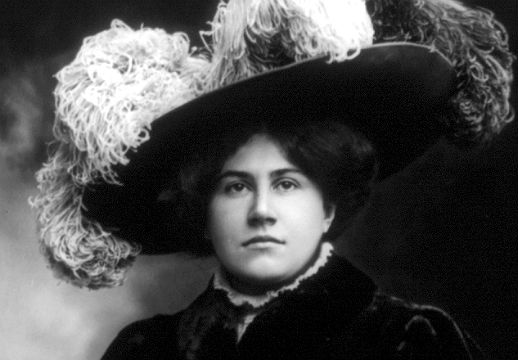
What really happened was when I wrote Mawrdew Czgowchwz I had no story to tell, just a character and an idea. I had to have a plot. Ralph Tardi said to me one day, “My dear, have you read Of Lena Geyer? My dear, you must!” So that’s why Mawrdew had to have this spectacular collapse onstage, and then of course an even more spectacular comeback.. It’s Of Lena Geyer.
It’s a great plot, though, the story of how a diva loses herself and then finds herself again.
You see, I couldn’t make her story a roman a clef about anyone real. It was handy, necessary really, to have a rival to Mawrdew, so I created Morgana Neri, who could be based on any number of old bags who were around then. Some people said they thought she was based on Albanese, and I was really offended! Licia is a very great singer, cut it out! Now, maybe Morgana in some small way Herva Nelli, you know, “Helluva Nervi.” No, a really great singer with a major career hardly has time to be involved in black magic and conspiracies. Besides, in my book Morgana Neri had all of Little Italy at her feet, but in reality Little Italy all worshipped Renata Tebaldi – who shows up briefly as “Rinuccia Bagatelli.” But the character isn’t very interesting because frankly Tebaldi never interested me that much; of course, the voice was so amazingly beautiful, but she wasn’t an interesting personality to me.
At first I thought Mawrdew Czgowchwz would be a “seventh veil” novel, that we would eventually find out the whole truth about her.
Well, no, the first book was a tease in that sense. But now, you’ll see what’s behind the seventh veil —and the eighth as well!
Mawrdew was supposed to have announced that in the space of one year she would sing 40 new roles; what with the breakdown and all I wondered how that came off.
Well, I wrote, “having sung her 40 roles,” so I suppose she did, though that one is not easy to explain. In the new book, she fulfills an homage to Destinn: very pregnant, one summer she records Fanciulla at La Scala, and there’s a long section about the effect that role has on her, because I see her at that point in the story as Emmy more than anybody. The big operatic moment in the story, though, is Laverne Zuckerman’s first Salome, which is very controversial for a number of reasons. To begin with, she’s the first mezzo to sing Salome, and then Laverne’s mother thinks it’s a total shande for a nice Jewish girl to do such things on stage. But Mawrdew sends Laverne to Vienna to study the role with Frau Langsam, and Jameson O’Maurigan prepares a new English translation for the performance. It’s done in a very modern production, totally Freudian, with John the Baptist as Freud and Herod as Franz-Josef and Herodias as Alma Mahler.
You know, the first chapter of Astrid Varnay’s autobiography is like “The Laverne Zuckerman Story,” the young diva living in a cold-water flat in Greenwich Village with her mother, taking the BMT up to the Met, hearing Pinza and Lehmann from Standing Room.
Of course Laverne Zuckerman isn’t Vamay, but it’s quite a coincidence. At the time, everyone thought Laverne was Tatiana, and it’s true Tatiana was on the line — she looked like Juliette Greco and always arrived with a serious entourage of girls. Who was Laverne? Oh, I remember. My dear sister Dixie Mahr made her up, just this girl from Brooklyn named Laverne Zuckerman. But for her story to sound so much like Varnay’s life, that means we were plugged in to resonances of those kinds of stories.
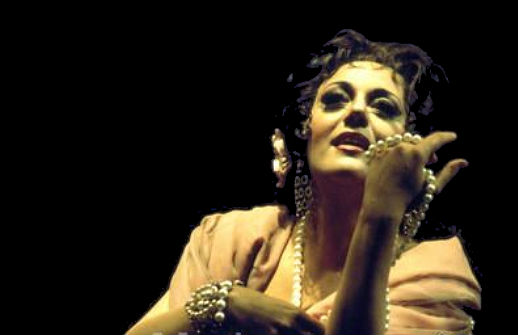
For this series, they have a standard logo, not a different design for each book cover; there’s a logo that slots into some artwork or a photograph. We were undecided about that artwork until one day I was on the #1 train traveling downtown and I saw the mosaic of the diva there in the Lincoln Center station, the image based on Rosa Ponselle. Immediately I knew that was the right icon. The diva in the subway, what could be more New York than that?
The original cover always bothered me, because it represented Mawdrew’s mouth as solid gold, which suggested an intrinsically beautiful instrument…
I had in mind for her a Farrell-Traubel voice, unleashed torrents of sound. But to tell the truth, I didn’t know what she sounded like. For the Amneris, she would have sounded as much like Rita Gorr as possible, that big a sound. But in addition, she would have the consummate artistry of Simionato, plus she would be a little nuts like Fedora Barbieri.
Do you think singers need to be nuts – or, let’s say, “flawed” to be interesting?
I don’t know of a singer who in the estimation of everybody is unflawed. I suppose you could say that Tebaldi had a flawless voice. And yet, they always used to joke that the diapason must be lower in Italy because in New York she was a quarter-tone flat. And Victoria, maybe she was flawless, but her energy flagged, she would tire later in the evening. Victoria had a funny idea about opera. She sang only four performances of Ariadne auf Naxos in her career, at La Scala. A big success, but she said she noticed her voice was changing, getting larger: “I realized that if I continued to sing like this, I wouldn’t be able to sing a Schubert song again the way it must be sung.” And Desdemona, a role people thought was a natural for her — she waited until 1958 to sing at the Met, then after that she sang it in San Francisco, and never again. The only voices I heard even on recordings that seemed to me to be completely flawless were Ponselle and Flagstad. Certainly Ponselle was flawless, even in that rather strange Carmen she did. Other than that I never heard a flawless voice.
Kiri te Kanawa had a flawless sound but she was not a very interesting artist.
I was at her first Countess at the Met and I found it very boring. Maybe Schwarzkopf had a perfect way of singing — perfect for herself, but not a perfect voice, because by the time she got here she had next to nothing left. There are times when singers do seem perfect, like the Fischer-Dieskau, de los Angeles, Schwarzkopf, Gerald Moore recital.
Is it the flaws that make an artist interesting?
I would say the idiosyncrasies, yes, the flaws are part of the character of a voice. Now, I don’t mean the wobble you could walk through that Maria developed. Whatever de Hidalgo did to put that voice together and keep it together until the late ’50s, that was as perfect a technique as you could want. When Rysanek was hitting her prime, the vocal personality that she was giving was so overwhelming that we can’t speak of flaws, she was a goddess, everyone knows that. Even in Nabucco she was never less than exciting, and her debut was just phenomenal — which brought great consternation to us all! I was perfectly prepared to loathe this woman! And the Desdemona was beautiful too.
Rysanek’s Met Desdemona is one of Ira Siff s “Boy and His Diva” moments, the sort of transcendent experience that “converts” you to opera.
It sounds uncanny, because I’ve never heard of this happening to anyone else Yes, my life was completely transformed in one night. It wasn ‘t Welitsch’s Salome, though I do remember that performance. She was just so frenzied, and I was a child, maybe I wasn’t ready. My “diva” moment was at a Saturday matinee. At that time I was studying piano, and it was torment playing my Mozart; I just hated Mozart. My mother’s friend had a box for Saturday afternoon; the opera was Marriage of Figaro. For the whole first act I was just crazed, I prayed that it would be over soon. Then the second act started, and this little short woman walked out, waddled out actually, and she sang “Porgi amor,” and after that my life was changed. That was Victoria de los Angeles. I remember in the “Dove sono” she carried a fan that she slowly opened as she began the reprise. That night I couldn’t sleep. I had to have every one of her records. There have been other great singers; the greatest debut was surely Maria, but Victoria was music itself.
So it was more than the voice?
You really have no idea of the personality, so enveloping, it would just melt you, with a core of sadness inside all the laughter, very Spanish. And over the years, we even became great friends. You know, when I saw the movie Diva, it touched me so much, because that exactly my story. Once, at the Wigmore Hall, I was carrying her guitar case as we were leaving the stage door, and this toy little boy in short pants stepped forward and said, “Madam?” and held out a program for her to sign. And as we walked away, Victoria turned to me and said, “That was you!” Another time she was singing at Carnegie Hall for a benefit with Beverly Sills as compere. (There was some bad blood between them because of Victoria’s unfortunate experience at the City Opera.) Anyway, we were in Victoria’s dressing room and she asked, “What is this song, I want to learn it because I like it very much. It is called ‘Send in the Clowns’.” And I told her I would teach it to her on the condition that she would never perform it in public, “because Renata Scotto does that!” So we’re banging away on the piano in the dressing room, and there’s a knock on the door. It’s James Levine. “Madame, I was wondering if you’d care to go over the Schumann again…” And she said, “Sorry, maestro, we’re busy rehearsing another song.”

Why not?
I think because I always heard the recordings, all I would hear was what was wrong with the singing, that way the tone seems to hang just under the pitch. And then I saw a video of her singing “El Cant dels Ocells,” and there was the voice coming out of her, and suddenly it made perfect sense.
It’s interesting that Ira had that kind of moment too I remember I was at a party with Ira, so long ago, and as it always happened at this kind of party, guys would wrap towels around their heads and sing Amneris, you know. Now, I knew Ira was an actor, I knew his work with Al Carmines, but then he got up and he sang Santuzza, and it was a pin-drop moment That was the beginning of La Gran Scena, really. I suggested a while ago that he should commission a contemporary opera so he could play Norma Desmond
You wrote what everyone regards at the ultimate diva novel and certainly a very central gay novel. What specifically is the appeal of divas for gay men?
The basis of that fascination is the lullaby, the mother who sings. The gay man is not interested in his mother, though; he’s interested in seducing his father. The mother is his primary rival. So the reaction formation against killing the rival is to make her the most powerful woman imaginable. You don’t want to have sex with the diva, do you? But then eventually the gay male, in order to seduce his father – or any man, must become the diva. And we do. the caricature of the tempestuous queen is straight diva stuff. A diva is really a sort of male woman; a soprano was originally a male voice. And Shakespeare’s heroines were played by boys. So opera divas and actresses are both derived from males.
Do you go to the opera now?
Well, I was there last night for Die Frau ohne Schatten.
And?
Schnaut, the Dyer’s Wife, there was a personality in evidence there. Not beautifully sung, but I believed she was young, which is an individual way of doing it. With Voigt, I admired the generosity of the voice and her sense of goodness, but in the third act, I missed the torment. The production, I think, didn’t help.
You didn’t like it?
There’s a word for it: ongepatchke. You patchke, and patchke, and patchtke some more, and then it all gets ongepatchke. I don’t like productions that make it really difficult for singers to do their work, and they all have these intense rakes.
So you go to the opera not so often any more?
I enjoy going to the opera in Baltimore; I heard Ghena Dimitrova sing Gioconda there not so long ago. I still love New York and I’m very comfortable here, but I’m not part of the opera scene. When I was in my twenties and even in my teens I was at the opera all the time, I heard everything. That life was very engaging, very frenetic – not just the performance, but all the conversation before and after. The didacticism, the fiats that were handed down! Discussing this artist’s costumes, or “her interpretation of the Judgment Scene…” — because the artists had all their own business, their own personalities. On the line were such brilliant people, Ralph Tardi and Frank Gratale, who weren’t that much older than I was….
Oh, I worked with Frank Gratale for years up in Westchester!
Well, then you know what he was like. The first time I met Frank I was standing there with my schoolbooks, and Frank came over and asked, “Are you in display’?” I thought he was saying “Are you on display?” And then others were a generation older: Anthony Abadessa, Tony Arturi, Richard Sullivan – who when Franco Corelli debuted, said, “And they call my Mario vulgar!” Joe Hollywood – no, that was his real name — David Klein, and a person who was then known as Aubrey Farrell. And Dixie Mahr, of course, who in the book is the Countess.
Where did these people in Standing Room come from, anyway, were they students, or…
Some of diem were middle-class, children of German and Irish and Italian immigrants, and others were these old Europeans, really old. Once Victoria sang a Butterfly — it was in 1958 — and one of them on the line said, “I remember when Lehmann sang this role” and another said, “Lehmann? I heard Destinn!” This was the last vestige of the strong 19th century European influence on American culture.
So the same faces were there, every night, at the Met?
Not only the Met; you would see the same people at Carnegie Hall or at Gypsy, or one of Judy’s concerts. The Met was an integral part of the city’s musical life. There was a time when it would be the same list of big names at a Met opening night, or a Broadway opening, or the Royal Ballet…. You’d go to a Met opening and Mae West was there. No, really, “Honey, I love the op’ra!” But, yes, that sense of cultural life is what made Mawrdew Czgowchwz so easy to conceive, someone like Dolly Farouche the showgirl would go to the Met. The columnists would be there too; Dorothy Kilgallen once made this remark in the most horrible taste about Fanciulla at the Met that it was being sung by Jewish tenor and a colored soprano. And it was all about New York, because no one ever went anywhere. It was a very big deal when some of the older guys got to see Maria do Medea in Dallas. We spent our summers going to Olive Middleton and Lewisholm Stadium, where one night Eleanor Steber sang her only Leonora in Trovatore. Who knew?
But that’s all changed now; that sense of cultural life centered around the Met and Broadway?
I think it’s pretty clear that the Met lost its audience a couple of decades ago. They all moved to the suburbs. The core audience was always from the working class and they just don’t live in the city any more. Now. why “society” isn’t concerned with the Met, that’s more complicated, something to do with the decentralization of culture in the city, hi the period from 1880 to maybe 1970, opera was very very important, a central cultural experience. Then opera hits television and it gets marketed in various ways, and then you just don’t need to make a special trip to the Met, the way people used to do from across the country, saving their money and listening to the radio. It gives me a chill to think about it.
I have to ask you this: we hear these stories about people having sex in Standing Room…
Yes, though a lot of that was pocket pool, you know. The sex actually happened more during the ballet season. We did have this one girl who used to come and masturbate over Cesare Siepi’s Don Giovanni, she would literally scream.
I know you are going out this evening, but I do have to ask you for an encore – one more anecdote?
I’ll tell you my Leontyne Price story. Soon after Mawrdew Czgowchwz was published, Miss Price and I were on a radio show together. It happened to be the same day as Beverly Sills’ Met debut. When the show was over, I presented Miss Price with a copy of my book and she said, “Thank you, Ah will treasure it always.”
“Are you going to Miss Sills’ debut tonight, Miss Price?” I asked.
“Am Ah what, honey?”
“I was wondering if you were going to Miss Sills’ Met debut tonight?”
She gathered her fur coat around her and smiled, “Somehow Ah don’t think Ah need demonstrate quite that level of largesse…”
James McCourt’s Mawrdew Czgowchwz has returned to a bookstore near you in a paperback edition from New York Review Books (ISBN: 0940322978).
